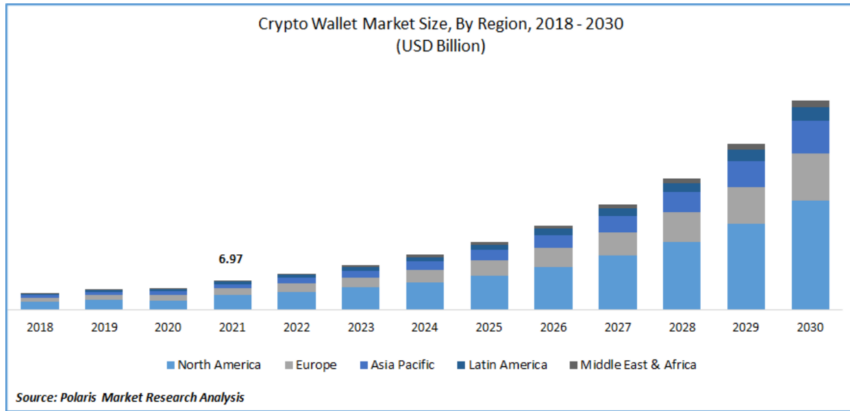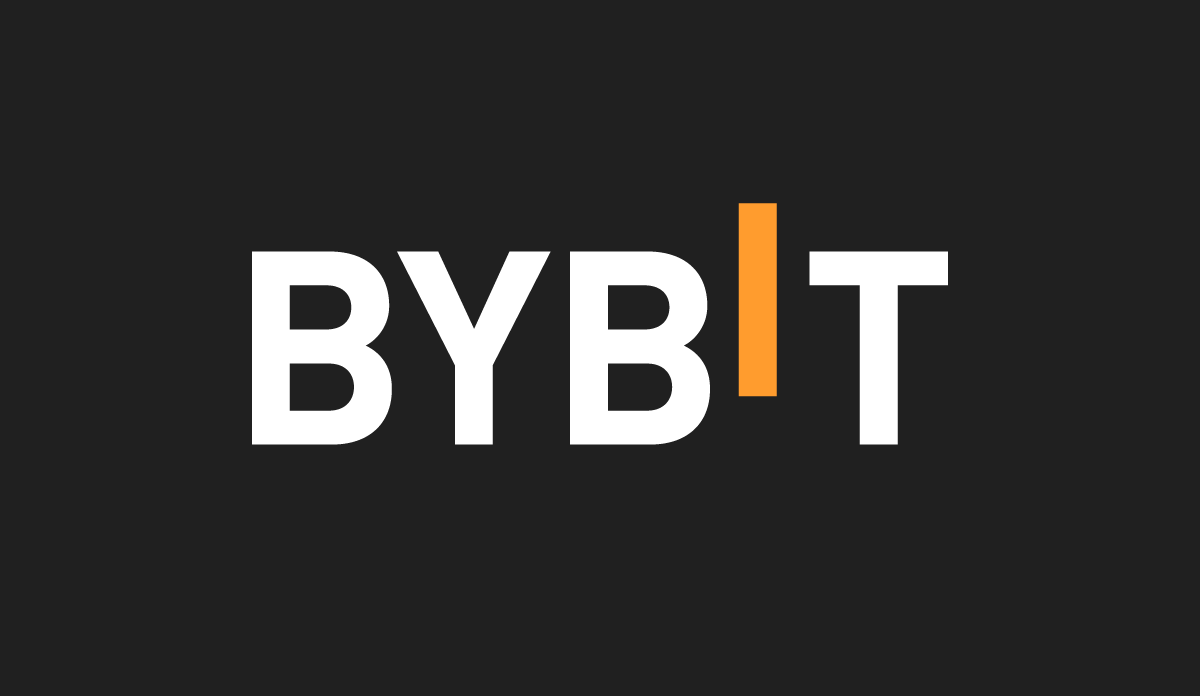The European Union Parliament has taken a significant step to ban self-custodial cryptocurrency wallets in the region where no identity is verified for payments.
The ban was approved by most of the parliament's leadership on March 19, according to a recent social media post by EU parliamentarian Patrick Breyer. The measure is part of the EU's broader anti-money laundering (AML) legislation .
How Europe's New AML Regulations Affect Cryptocurrencies
The new regulations ban all anonymous cryptocurrency payments and cash transactions exceeding certain limits. Specifically, cash payments exceeding €10,000 or anonymous cash transactions exceeding €3,000 are prohibited. Also included in the ban are self-custodial wallets on mobile, desktop or browser applications.
This law is scheduled to go into effect in three years, but some say it could be implemented sooner.
Nonetheless, the new regulations are likely to reshape how Europeans use digital currencies . Additionally, its strict stance on anonymity has raised concerns about user privacy and financial inclusion. Additionally, these regulations could pose significant barriers to innovation and hinder widespread adoption of cryptocurrencies in the region.
Read more: Crypto regulation: what are the pros and cons?

Breyer, a vocal opponent in Congress, argued the ban could impact law-abiding citizens rather than deter criminal activity. He emphasized that anonymous payments have been used for legitimate purposes.
He gave examples such as donations to individuals such as Alexei Navalny or organizations such as WikiLeaks. He also demonstrated the importance of financial privacy in personal transactions.
Crypto Community Questions EU Ban on Anonymous Payments
Breyer also expressed concern that increased surveillance of financial transactions could inadvertently encourage malicious activity by hackers and undermine personal freedoms.
“We need to find ways to bring the advantages of cash into the digital future. We also have the right to pay and donate with cryptocurrency online, provided that our payment actions are not recorded privately without any reason. If you believe the EU can independently regulate virtual currencies, you don’t understand the global internet,” Breyer said .
Likewise, members of the cryptocurrency community have raised questions and concerns regarding the scope of the ban on anonymous payments. One user in particular asked for clarification on whether the ban on anonymous payments applies to all cryptocurrencies or only those classified as privacy coins.
Notably, several cryptocurrency exchanges, including Binance and OKX , have delisted privacy-related tokens for their users in Europe.
Read more: 8 Binance Card Alternatives Available in Europe in 2024
Meanwhile, Circle's director of research and policy, Patrick Hansen, explained that self-custodial wallets and payments made through them are not banned. Additionally, P2P remittances are explicitly excluded from this regulation.
“Payments with cryptocurrency (e.g. to merchants) through self-custodial wallets that do not undergo KYC may be more difficult or prohibited depending on the merchant set up. “These changes and the lower limits on anonymous cash payments were unfortunately agreed months ago,” he added .
Trusted
The information contained on the BeInCrypto website is published in good faith and for informational purposes only. Users are solely responsible for any consequences arising from their use of information on the website.
In addition, some content is an AI-translated version of the English version of BeInCrypto articles.










